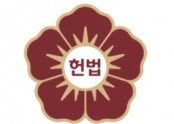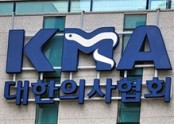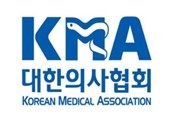The South Korean health-care system in crisis (LANCET에 실린 한국 의료대란에 관한 …
첨부파일
-
- 첨부파일: lancet.jpg (36.2K)514
짧은주소
본문
The South Korean health-care system in crisis (LANCET에 실린 한국 의료대란에 관한 논문)
The South Korean health-care system in crisis
...
Joo Heung Yoon
In Ho Kwon
Hyoung Wook Park
Published: June 15, 2024DOI:https://doi.org/10.1016/S0140-6736(24...
..
South Korea, where virtually all citizens are members of the National Health Insurance Service (NHIS), has established high-quality health-care structures with easy access to physicians and very low insurance premiums. Health-care outcomes such as low avoidable mortality (99 per 100 000 people for South Korea, compared with 200 per 100 000 for the UK) and high rates of outpatient clinic visits (14·7 per person per year for South Korea, compared with 1·7 per person per year for England, UK)1 reflect the system's effectiveness and efficiency,2 hence becoming a role model to many other countries.
In February, 2024, the South Korean Government announced that it will increase the number of physicians by 2000 per year starting in 2025, which corresponds to a 67% increase from the current 3058 graduates. This rise in physician numbers will be achieved by increasing the intake of medical students. Almost immediately, approximately 9000 (71%) medical residents and fellows resigned and, as of May 30, 2024, 9630 (92%) residents remain resigned.3, 4 The underlying motivation of the current protests goes well beyond increasing the number of physicians—it stems from serious unresolved flaws of the South Korean health-care system.
..
..
First, the current nationwide turmoil started from extremely low reimbursement rates. On average, a South Korean citizen pays £1·82 as a copay per primary clinic visit, and approximately £6·70 is reimbursed by the NHIS. The cost of an intubation procedure in the emergency department is about £31, including a copay of £6. The intensive care unit gets reimbursed approximately 60% of the resources used, leaving hospitals with a 40% loss. This low reimbursement makes many hospitals financially inoperable.
..
Second, health-care providers in South Korea face disproportionately high rates of criminal charges for medical errors. From 2013 to 2018, the rate of such criminal charges for South Korean physicians has been about 15 times higher than Japan and a staggering 566 times higher than the UK.5 In 2020, four infants unfortunately died in the neonatal intensive care unit at a very busy university hospital in Seoul. Two physicians and a nurse were jailed for malpractice and put on trial with criminal charges.6 Although acquitted by the Supreme Court, the shocking case alerted young physicians to avoid high-risk specialties.
..
To resigning young doctors, the South Korean Government imposed its administrative and judiciary power by custodial investigation and threatening to suspend their medical licence if they remain resigned. The Government also claims that physicians have no legal rights to resign and states that it can limit the constitutional freedom of occupation for physicians given current circumstances.7
..
The current protest by young South Korean physicians is a desperate call to reorganise the fundamentally flawed health-care reimbursement system and regain physicians’ basic rights and safety. The well-oiled health-care system that the South Korean Government has implemented is about to end unless drastic reformation takes place.
We declare no competing interests.
..
































댓글목록
등록된 댓글이 없습니다.